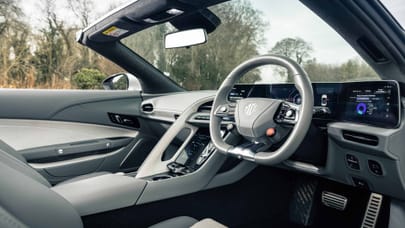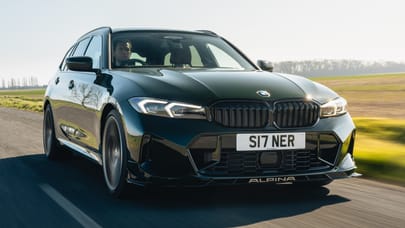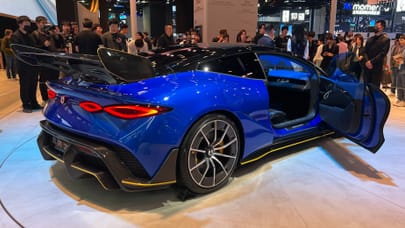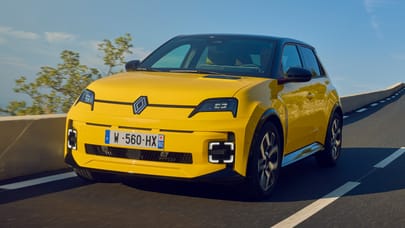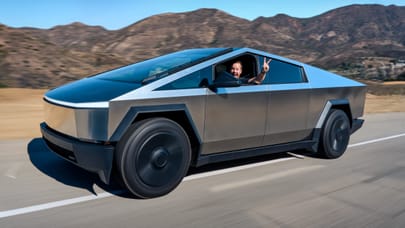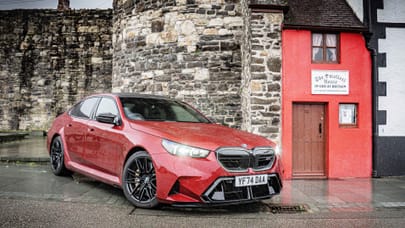
Opel-Vauxhall news - Opel-Vauxhall goes to Russia - 2009
General Motors is selling off a majority of its European arm Opel-Vauxhall to a consortium of Magna (a car parts supplier) and Sberbank (the Russian State bank). So the immediate future of the new Astra and the rest of the Vauxhall range is secure. There had been a chance that the troubled American parent was going to liquidate Opel-Vauxhall.
The deal is good news for workers in the group’s German plants, but British unions are unhappy. That’s because the deal is being subsidised by the German Government to the tune of €4.5 billion, because Magna has promised to keep German plants open. The plant at Ellesmere Port hasn’t received any assurance.
GM itself is keeping a 35 percent stake in Opel-Vauxhall. This is no surprise, as a huge proportion of GMs range of cars in America, China, South America and Korea share engineering with the Vauxhall-Opels. The new Insignia and Astra platforms, developed in Europe, are vital to GM’s global future. GM has cut off its own limb and sold to Magna/Sberbank only because it’s in absolutely desperate straits.
Russia’s Prime Minister Vladimir Putin has said he wants a front-line motor industry, and that this deal is a shortcut. Now if you were GM and your range depended on cars developed by Opel, how happy would you be that the technology was now going to Russia? Will they respect GM’s copyrights? Will they resist building direct competitors and selling them in territories where GM itself operates?
So GM had been inclined to hold on the Opel-Vauxhall. But it couldn’t use its US Government bail-out cash to support overseas operations. Its second preference – if it was going to have to sell – was to sell it to RHJI, a venture capital group which would presumably have been willing to sell it back to GM if GM starts to get more flush in the future.
But in the end the Magna/Sberbank deal got the nod because Opel is still losing money and needs ongoing subsidies, and German Chancellor Angela Merkel had decided there were most jobs in the Magna bid. Since she’s facing elections, those jobs are vital to her. She simply said ‘nein’ to the subsidies going to any other bidder but Magna. So politics has decided the future of a major car maker.
Paul Horrell
Top Gear
Newsletter
Thank you for subscribing to our newsletter. Look out for your regular round-up of news, reviews and offers in your inbox.
Get all the latest news, reviews and exclusives, direct to your inbox.
Trending this week
- Long Term Review
Here's the exception to the ‘Chinese cars are taking over’ rule
- Electric
Top Gear's top 20 electric cars





